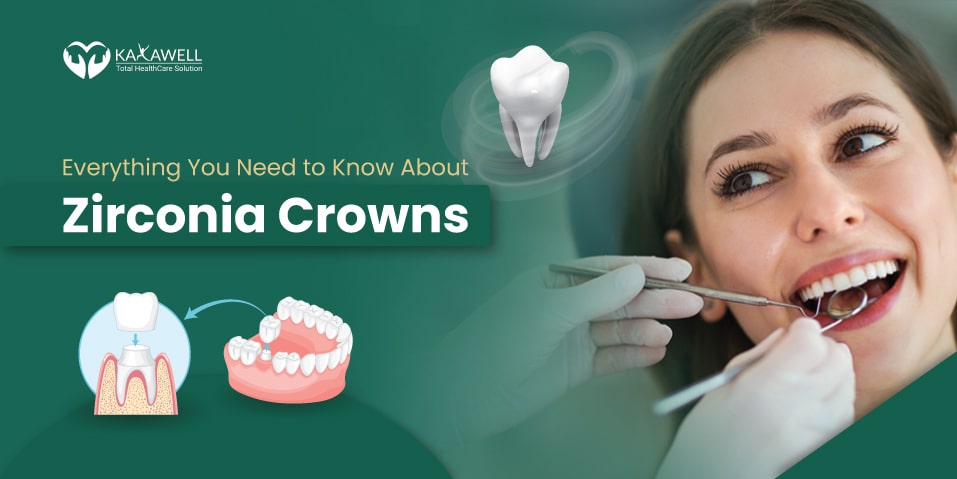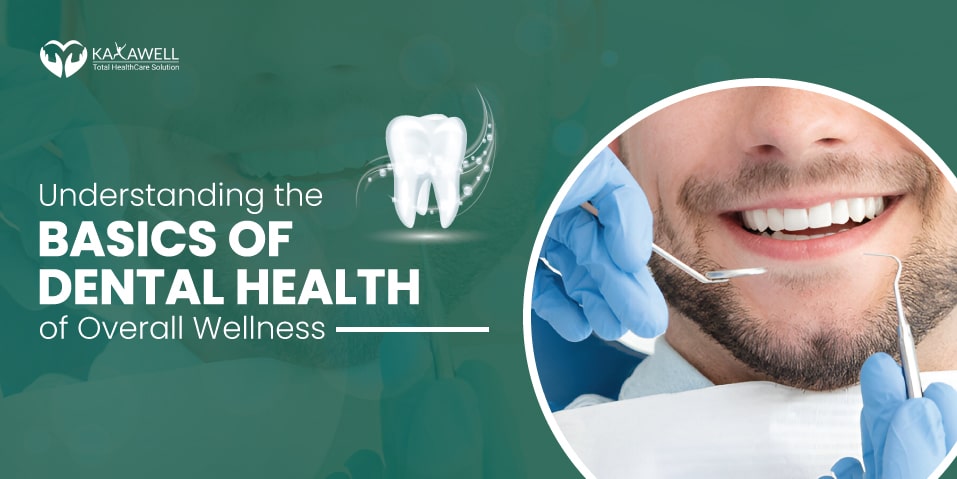Oral Thrush- Symptoms, Causes and Home Remedies
What is Oral Thrush?
If you find a weird white rash in your mouth, you may have a condition called thrush. It is also known as oral candidiasis. This is an infection caused by the yeast, which is the candida fungus. You will get it into your mouth and other body parts. For infants, it can cause diaper rash or female vaginal yeast infections.
Everyone may get thrush but babies and children, older adults and people with compromised immune systems are the most commonly affected.
Signs and symptoms
Signs and symptoms of oral thrush may include in adults and older children:
- Red inflamed areas in the mouth dotted with white patches
- at the corners of the mouth there may be cracks and redness
- Loss of taste
- Unpleasant taste in the mouth
- Burning or soreness by that it is hard to eat and drink
- Redness and pain under dentures.
In babies, signs of oral thrush are:
- White spots on the inside of the cheeks
- Fussiness, irritability, and feeding difficulties
- Nappy rash.
- A white coated covers the tongue which cannot be easily washed off
Women who develop candida infection of the breast may experience the following signs and symptoms:
- Abnormally red, sensitive, cracked, or itchy nipples
- Nipple and areola may have a shiny appearance
- Pain in breasts during or after feeds, which can be very serious and last for up to an hour
- A pain that stabs or stings deep inside the breast.
A doctor should also be consulted if oral thrush develops in older children, teenagers, or adults to check for an underlying medical condition or other cause.
What causes thrush?
Many people have small quantities of Candida fungus in the mouth, digestive tract, and skin. They are usually held in check by other bacteria and microorganisms in the body. If infections, stress, or medications disrupt this balance, the fungus develops out of control and causes thrush.
Medications that can make yeast flourish and cause infection includes:
- Corticosteroids.
- Antibiotics.
- Birth control pills.
Candida infection is more likely to develop with:
- Uncontrolled diabetes.
- HIV infection.
- Cancer.
- Dry mouth.
- Pregnancy
- Smoking.
- Wearing dentures that don’t fit well.
Risk factors
When any of these issues occur, you might be at increased risk of oral thrush infection:
- Weakened immunity. In children and older adults, oral thrush is more likely to occur due to decreased immunity. Some medical conditions and treatments can suppress your immune system, including cancer and its treatments, organ transplantation and necessary immune-suppressing medications, and HIV / AIDS.
- Diabetes. If you have untreated diabetes or the disease is not well regulated, your saliva will contain large quantities of sugar, which promotes Candida growth.
- Vaginal yeast infections. Infections of vaginal yeast occur from the same infection that causes oral thrush. You may pass this infection on to your kids.
- Medications. Drugs like prednisone, inhaled corticosteroids, or antibiotics that disrupt the natural balance of your body’s microorganisms that increase your risk of oral thrush.
- Other oral conditions. Wearing dentures, particularly the upper dentures, or having dry mouth conditions that increase the risk of oral thrush.
Complications
Oral thrush rarely causes complications in people who have healthy immune systems. In severe cases, it may spread to your esophagus.
If your immune system is weakened, you’re more likely to develop complications from thrush. The thrush-causing fungus will invade your bloodstream and spread to your heart, brain, eyes or other parts of your body, without proper treatment. This is known as invasive or systemic candidiasis.
Systemic candidiasis can cause problems in the organs it affects. It can also cause a potentially life-threatening condition known as septic shock.
Home Remedies for Oral Thrush
Alongside medical treatment, the following can help reduce the risk of worsening the condition:
- Rinse mouth with salt water.
- Use a soft toothbrush to avoid scraping the lesions.
- Eat unsweetened yogurt to maintain healthy bacteria levels.
- Using a new toothbrush every day until the infection is gone.
- Do not use mouthwashes or sprays.
Prevention of oral thrush
To manage the risk of oral thrush, try the following:
- rinsing your mouth after meals
- brushing your teeth twice a day with a toothpaste that contains fluoride and interdental cleaning (flossing) regularly
- visiting your dentist if your dentures do not fit properly
- stopping smoking if you smoke
- Ensure any underlying disorders that you have, such as diabetes, are well managed
- To regularly visit the dentist for check-ups, particularly though you wear dentures or have no natural teeth
- remove the dentures at night, clean it with paste or soap and water before soaking it in water and denture-cleaning tablets
- • Clean your gums, tongue and inside your mouth twice a day with a soft brush if you wear dentures or if you have no or no natural teeth

